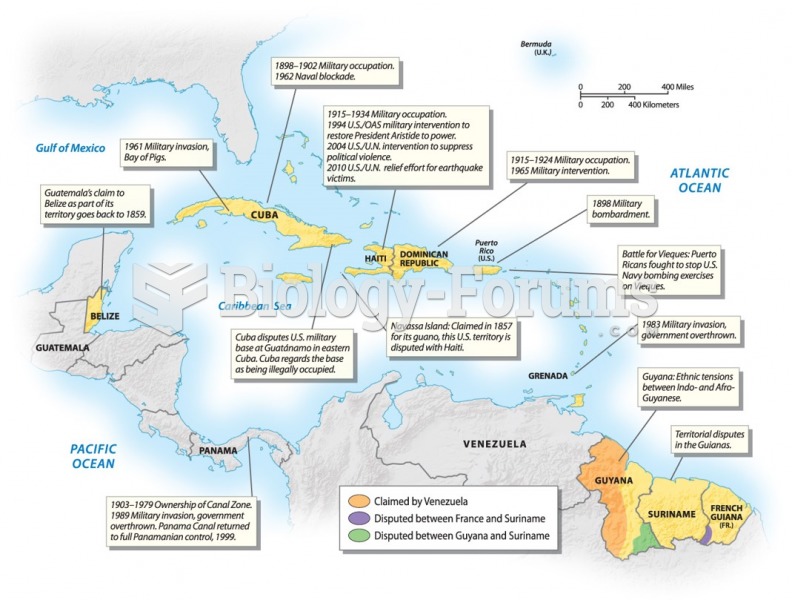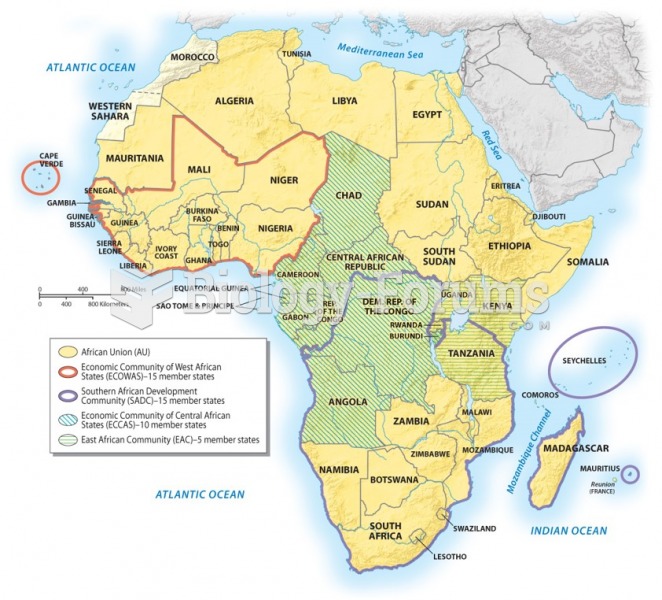Answer to Question 1
There can also be political benefits from efforts toward regional economic integration. A group of nations can have significantly greater political weight than each nation has individually. Thus, the group, as a whole, can have more say when negotiating with other countries in forums such as the WTO. Integration involving political cooperation can also reduce the potential for military conflict between member nations. In fact, peace was at the center of early efforts at integration in Europe in the 1950s. The devastation of two world wars in the first half of the twentieth century caused Europe to see integration as one way of preventing further armed conflicts.
Several Middle Eastern nations formed the Gulf Cooperation Council (GCC) in 1980. Members of the GCC are Bahrain, Kuwait, Oman, Qatar, Saudi Arabia, and the United Arab Emirates. The primary purpose of the GCC at its formation was to cooperate with the increasingly powerful trading blocs in Europe at the timethe EU and EFTA. The GCC has evolved, however, to become as much a political entity as an economic one. Its cooperative thrust allows citizens of member countries to travel freely in the GCC without visas. It also permits citizens of one member nation to own land, property, and businesses in any other member nation without the need for local sponsors or partners.
Answer to Question 2
Cater to local customer needs. Particularly in multidomestic industries, buyer needs vary from country to country. The internationalizing firm must adapt its products to meet diverse cross-national needs.
Accommodate differences in distribution channels. Channels can vary from market to market and may increase the need for local responsiveness. In Latin America, small stores are the most common type of retailer. Foreign firms that ordinarily distribute their goods via large stores must adapt their approach when doing business there.
Respond to local competition. Foreign firms are disadvantaged in markets that have numerous local competitors. To outdo local rivals, successful MNEs must devise offerings that best meet local demand.
Adjust to cultural differences. Culture's influence on business activities can be substantial, depending on the market and the product. Where cultural differences are important, such as in sales of food and clothing, the firm must adapt its products and marketing activities accordingly.







